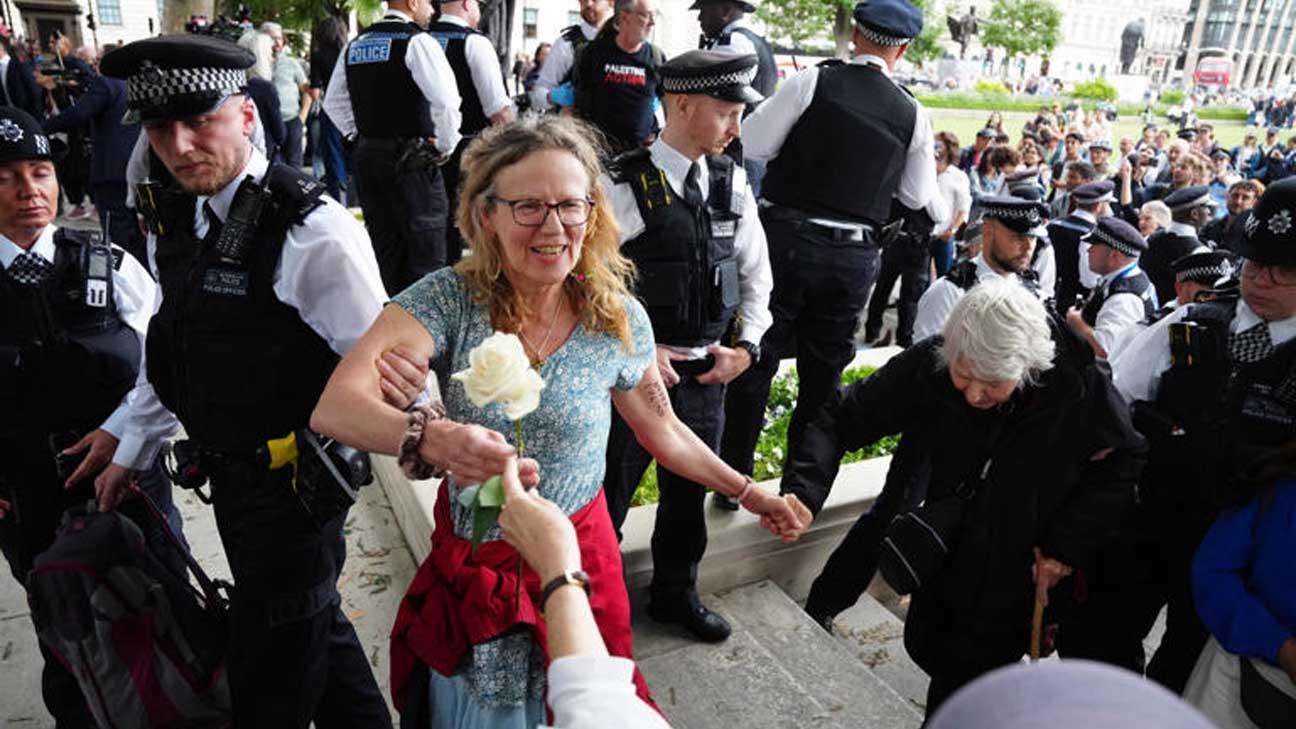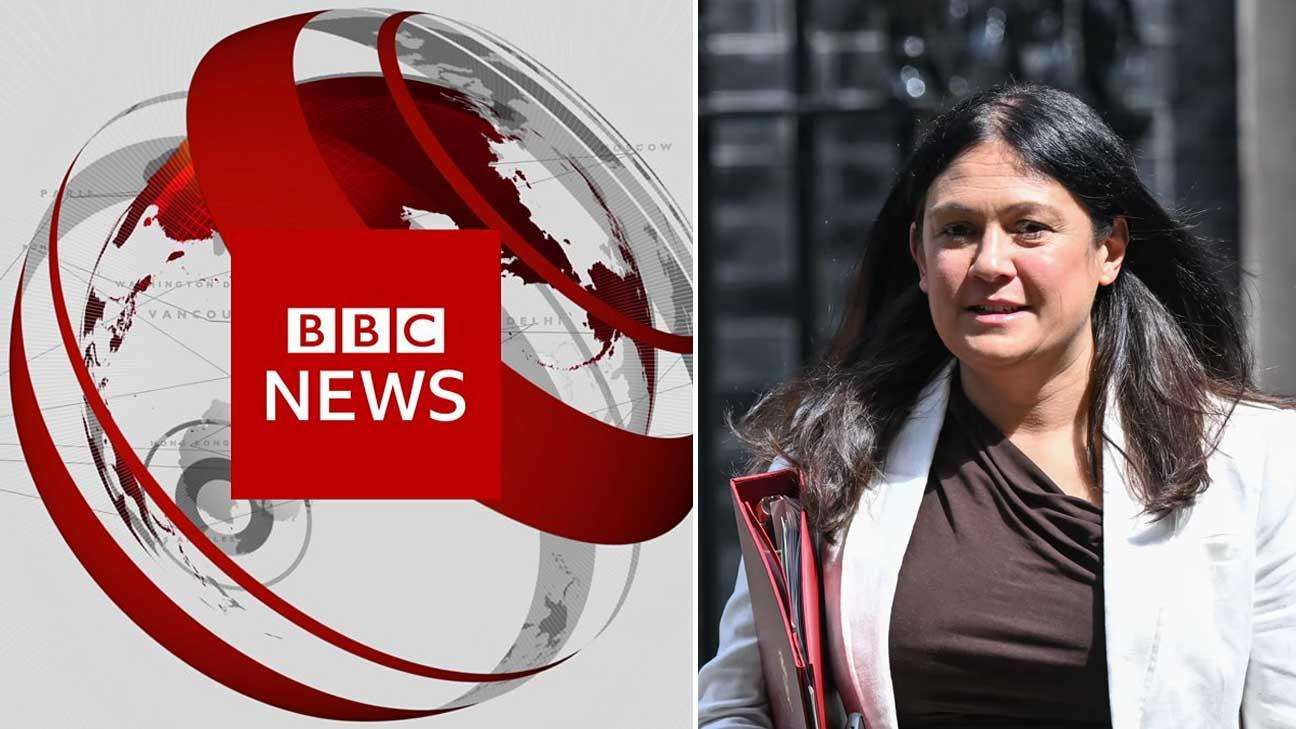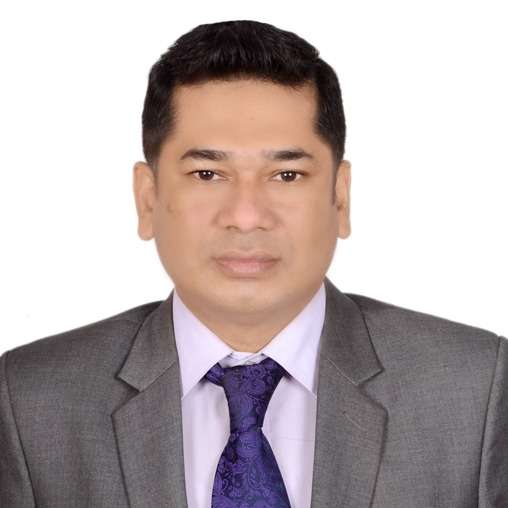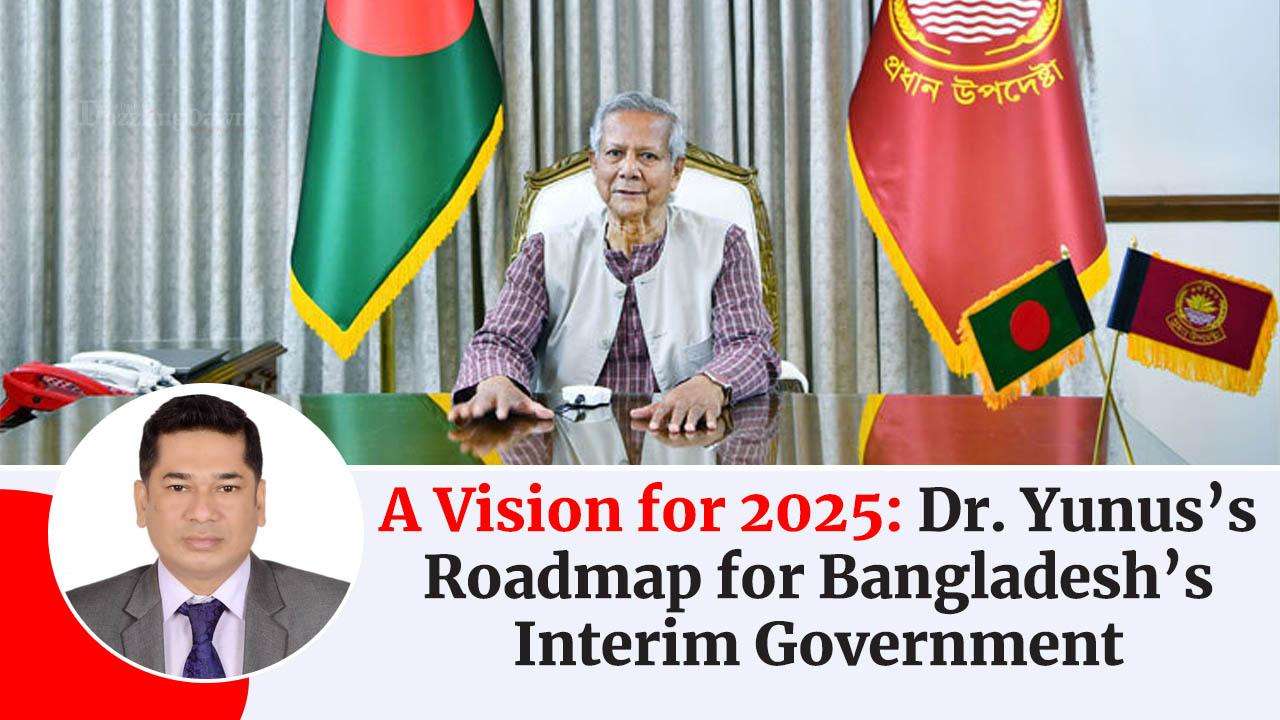Bangladesh stands at a crossroads in 2025, with the nation’s political and socio-economic future in the hands of an interim government led by Nobel Laureate Dr. Muhammad Yunus. Renowned for his innovative solutions to poverty through microfinance, Dr. Yunus is tasked with navigating a complex landscape to ensure political stability, economic recovery, and social progress. His leadership is not only a beacon of hope for the nation but also a test of whether professional expertise can successfully guide governance during a transitional period.
Restoring Political Stability: A Critical Foundation
The interim government’s primary mandate is to create conditions for free and fair elections. For years, political polarization has undermined democratic processes, eroded public trust, and hindered governance. Dr. Yunus’s administration is working to rebuild this trust by implementing a transparent electoral system.
Key Measures:
- Establishing a robust voter verification system using digital technologies.
- Engaging civil society and international observers to ensure impartiality.
- Encouraging dialogue among political parties to foster a cooperative environment.
This approach recognizes that long-term political stability depends on inclusivity and fairness. A successful election will not only validate the interim government’s efforts but also set a benchmark for democratic practices in the region.
Economic Revival: Building on Grassroots Innovation
Bangladesh’s economy is at a delicate juncture, with global inflationary pressures, supply chain disruptions, and a need for diversification beyond the garment sector. Dr. Yunus’s economic strategy emphasizes grassroots development and inclusive growth.
Empowering SMEs and Entrepreneurs:
Drawing from his experience with Grameen Bank, Dr. Yunus is championing microfinance as a tool to empower small businesses and rural entrepreneurs. This bottom-up approach seeks to reduce economic disparities and create jobs.
Export Diversification:
Recognizing the risks of overreliance on garment exports, the government is investing in new sectors such as IT, pharmaceuticals, and agriculture-based industries. Trade partnerships with South Asia, the Middle East, and Europe are being prioritized to expand market access.
Macroeconomic Stability:
Fiscal reforms are being implemented to enhance revenue collection while controlling public expenditure. Measures to curb inflation, stabilize currency fluctuations, and improve investor confidence are central to the economic roadmap.
Social Justice: Bridging the Equity Gap
Bangladesh’s journey toward becoming a middle-income nation has left many vulnerable populations behind. Dr. Yunus’s leadership emphasizes policies that address this inequity.
Empowering Women:
Women’s participation in the workforce and decision-making processes is being actively promoted through targeted programs in education, skill development, and financial inclusion.
Healthcare Access:
Universal healthcare is a key focus, with investments in public health infrastructure and community health services aimed at ensuring affordable and quality care for all citizens.
Youth Engagement:
With nearly half the population under 25, youth empowerment is critical. The government is launching initiatives to create jobs, foster innovation, and encourage entrepreneurship among young people.
Climate Resilience: A Strategic Priority
As one of the most climate-vulnerable nations, Bangladesh’s future depends on effective environmental management. Dr. Yunus is leveraging his global influence to secure international support for climate adaptation and mitigation projects.
Renewable Energy Adoption:
Investments in solar and wind energy aim to reduce reliance on fossil fuels and meet growing energy demands sustainably.
Disaster Preparedness:
Programs to strengthen coastal defenses, improve flood management, and enhance early warning systems are being scaled up.
Dr. Yunus’s approach integrates community-driven initiatives, recognizing that local participation is essential for long-term resilience.
Governance and Accountability: Winning Back Trust
Restoring public confidence in governance is perhaps the most challenging task for the interim government. Dr. Yunus’s administration is prioritizing:
Anti-Corruption Measures:
Strengthening oversight institutions and ensuring strict enforcement of laws against graft and misuse of public resources.
Citizen Engagement:
Platforms for public feedback, including town halls and digital portals, are being introduced to make governance more participatory.
Institutional Reforms:
Efforts to depoliticize the bureaucracy and enhance its efficiency are critical for sustainable development.
These steps are designed not only to address immediate concerns but also to lay the groundwork for systemic change.
Global Implications and Regional Leadership
Bangladesh’s interim government under Dr. Yunus also has significant implications for the region. The stability and success of his administration could serve as a model for other nations grappling with political transitions.
Diplomatic Engagement:
Dr. Yunus is fostering closer ties with international partners, emphasizing trade, investment, and climate collaboration.
Geopolitical Positioning:
By balancing relations with major powers like India, China, and the United States, the interim government is ensuring Bangladesh remains a key player in South Asian geopolitics.
Conclusion: A Hopeful Path Forward
Dr. Yunus’s roadmap for 2025 reflects a vision that blends professional expertise, grassroots innovation, and a commitment to democratic values. The challenges are immense, from economic recovery to political reconciliation, but the opportunities for transformative change are equally significant.
If successful, this interim government could set a new standard for leadership in times of transition, demonstrating that professional governance rooted in inclusivity and sustainability can pave the way for a prosperous and equitable future. Bangladesh’s journey in 2025 may well become a case study in how visionary leadership can turn crises into opportunities.
---
AKM Sayedad Hossain
Director: NISS (National Institute of Strategic Studies)



_3.jpg)




.svg)


